How Can I Tell If I Have A Water Leak?
Water leaks are sneaky troublemakers. They can sneak into your home, causing damage to your property and wasting precious water. But don't fear! Detecting water leaks early can save you from costly repairs and conservation woes. In this article, we'll explore the signs of water leaks, ways to find them, the role of skilled plumbers, and the price you might pay for water leak detection.
How to Detect Water Leak in House
Wondering how to detect water leak in house? Here are some simple yet telling signs:
- Visible Dampness: Look for damp spots around sinks, toilets, and other areas. Sometimes, water can even sneak through walls and ceilings.
- Discolored Water: If the water from your faucets looks dirty or rusty, that signifies a potential problem. But don't jump to conclusions, as it could also indicate other issues. Investigate further to be sure.
- Strange Noises: Hissing or splashing sounds from your pipes could mean water leaks somewhere.
- Check the Meter: Your water meter is like a detective's magnifying glass. If the leak indicator on the meter is moving, it's time to investigate further.
- Obvious Damage: Stains, mold growth, and flaking paint can all point to water leaks. They might seem harmless, but they often signal a hidden leak.
- High Water Bill: If your water bill suddenly skyrockets without any changes in your water usage, it's a sign of a sneaky leak.
Detecting Leaks Like a Pro
Professional Water Leak Detection: Sometimes, calling in the pros with specialized tools may be necessary. This can help you save time, avoid more damage, and fix leaks accurately.
Let's delve into crucial information about water leaks:
- Water Leak Detection Cost: The price of leak detection depends on factors like leak type, location, and the service provider. Choosing a reputable plumber who offers transparent pricing for detection, repairs, and regular maintenance is important.
- Water Leak Detection Plumbers: Skilled plumbers are your go-to for plumbing issues. Whether your sink's acting up or your drain line misbehaves, they've got you covered.
- Can a Plumber Detect a Water Leak? Yes, highly skilled plumbers can detect water leaks using a variety of methods, including:
- Checking the meter: A leak might lurk if the meter ticks even when you're not using water.
- Water pressure test: Turning off all faucets and checking if the water pressure drops is a sign of a leak.
- Visual inspection: A careful look at your plumbing system can reveal clues of water damage.
- Leak detection devices: Plumbers use specialized tools that listen for leaks using sound or even infrared technology.
Securing Your Home
The consequences of failing to detect water leaks are so severe that they can lead to structural difficulties or the loss of entire properties. As a result, when you discover water leaks, immediate intervention is essential. In preventing property damage and water loss, it is critical to engage a certified and skilled plumber to locate and repair water leaks in your home. Contact Gainesville Mechanical for all your water leak detection, plumbing repairs, and installation needs. Since 1989, we've provided comprehensive residential and business heating, air conditioning, and plumbing services throughout Gainesville. Call us 24 hours a day, seven days a week, to arrange an appointment with one of our highly qualified and certified technicians.
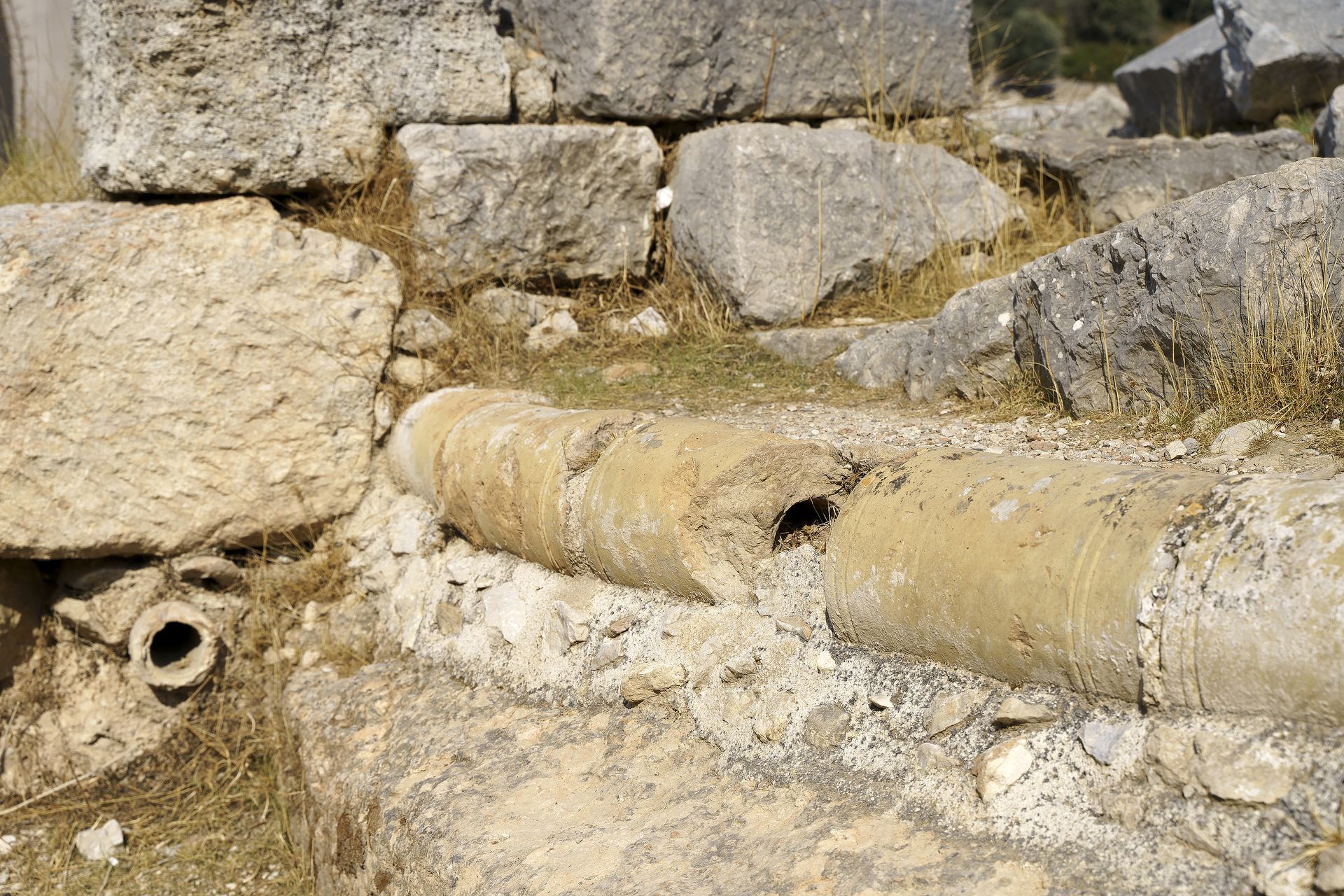
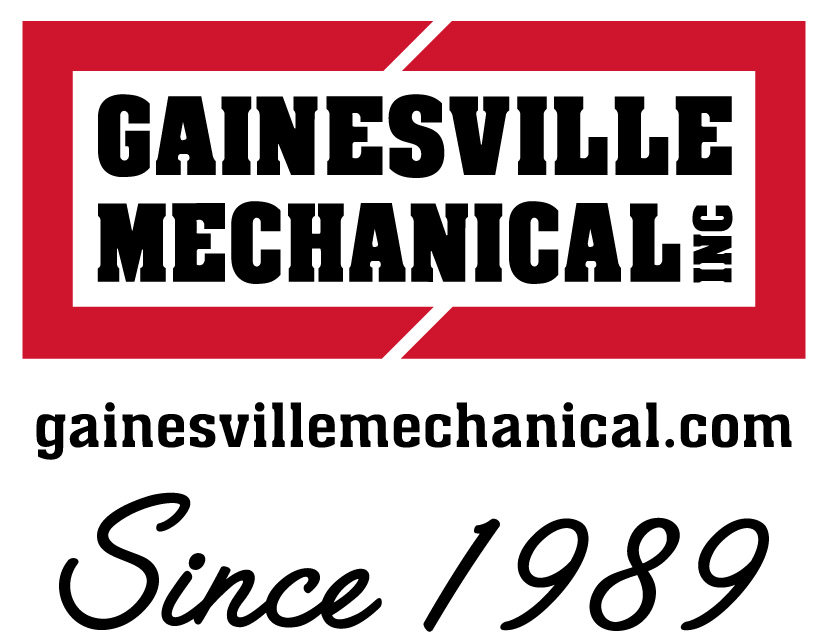
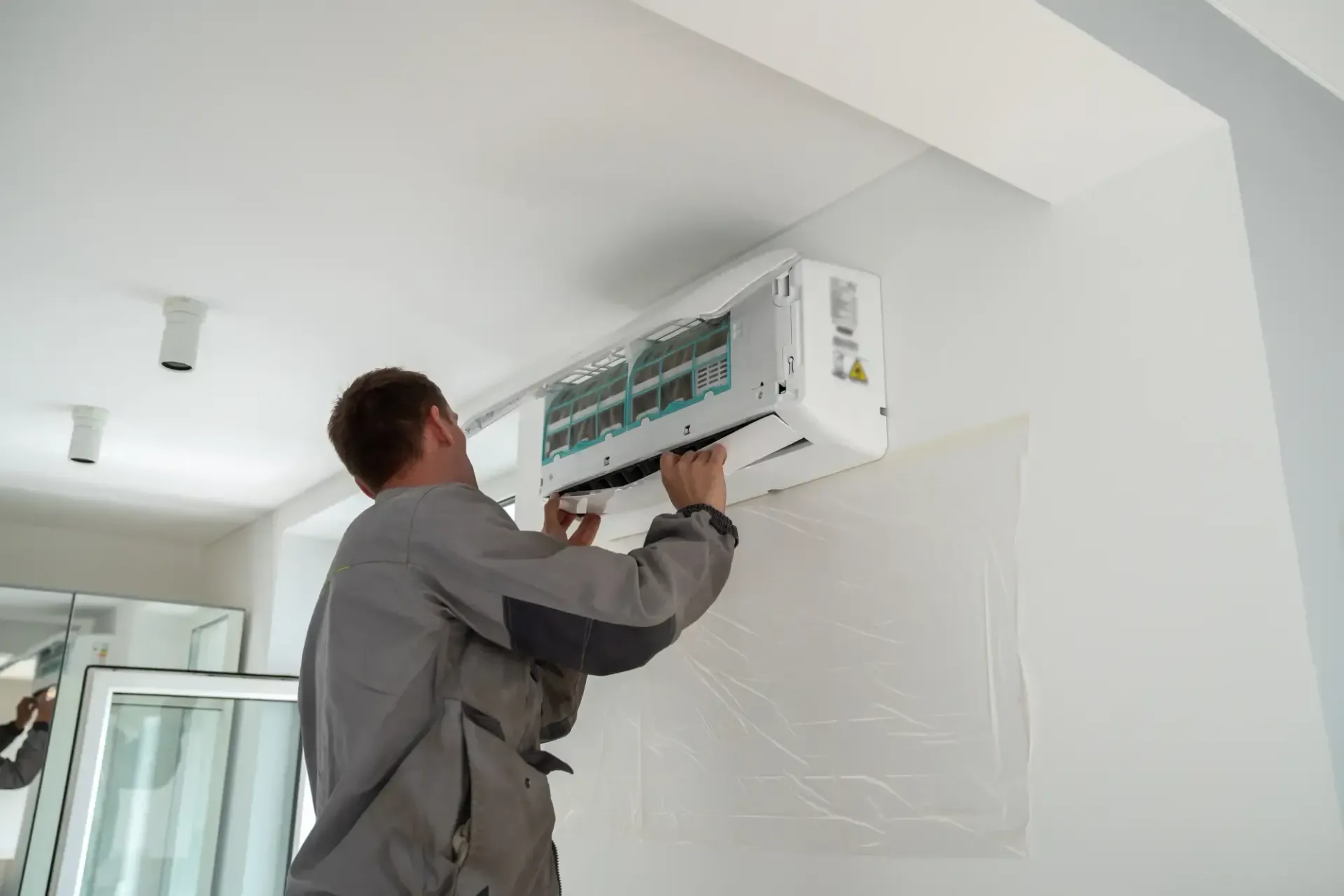
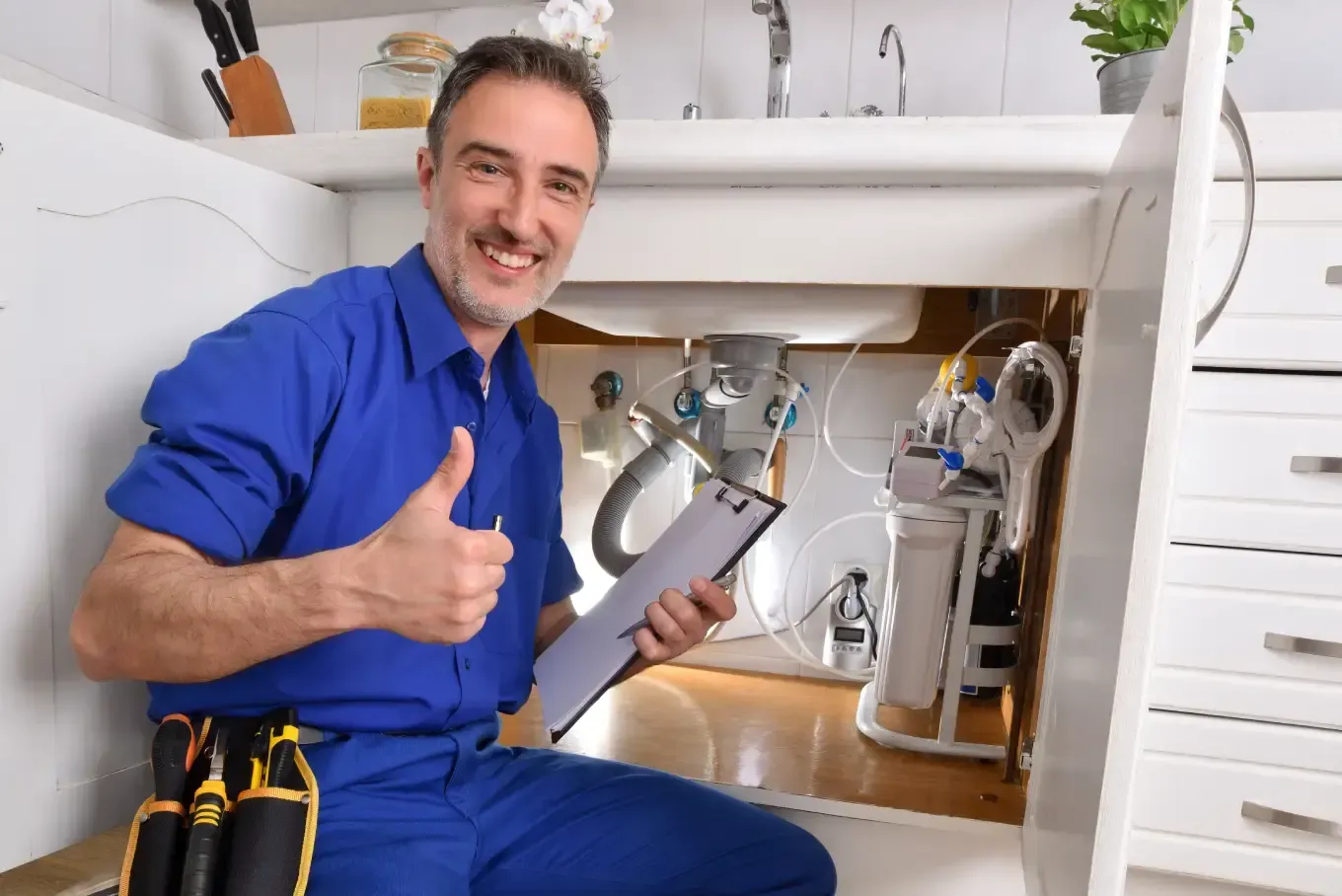
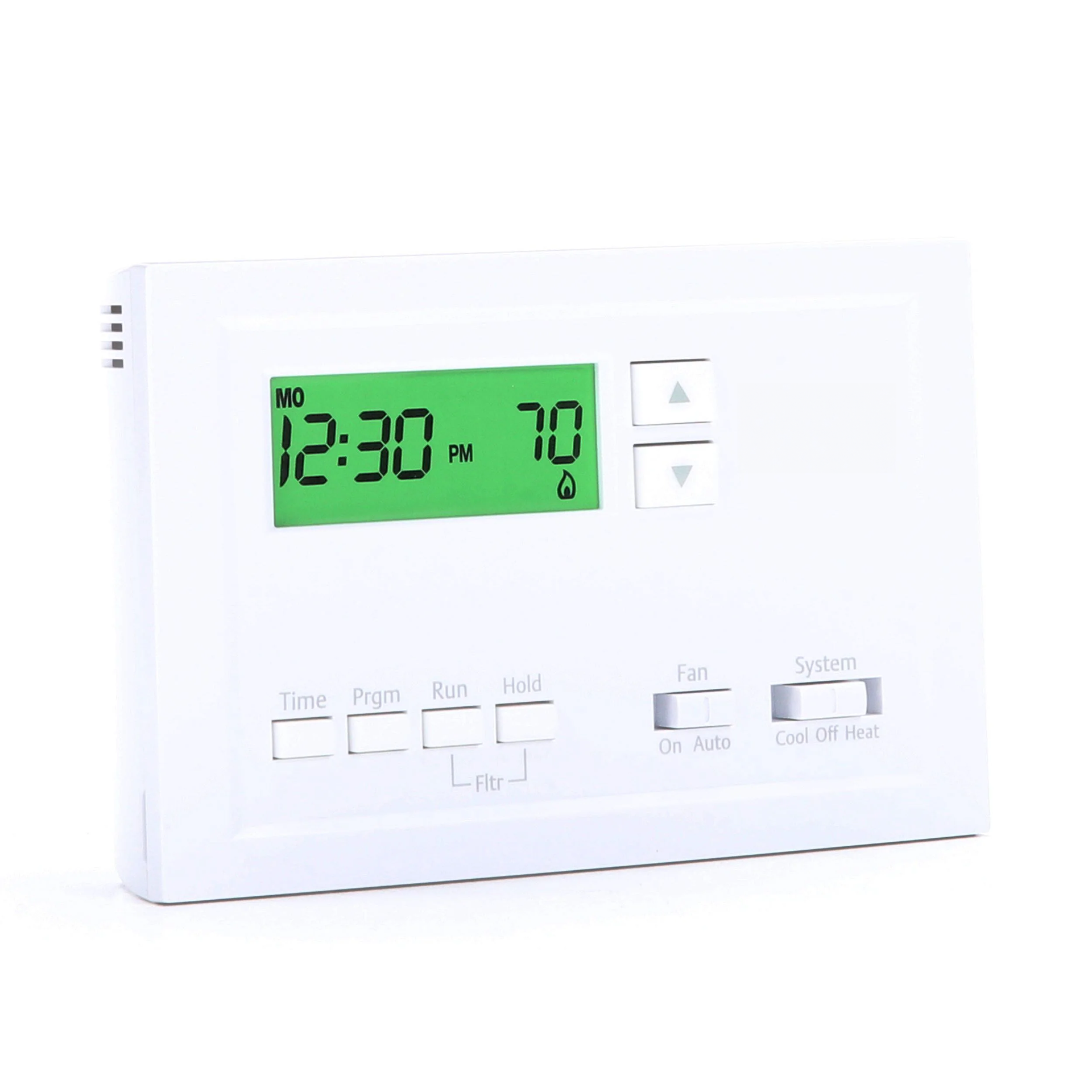
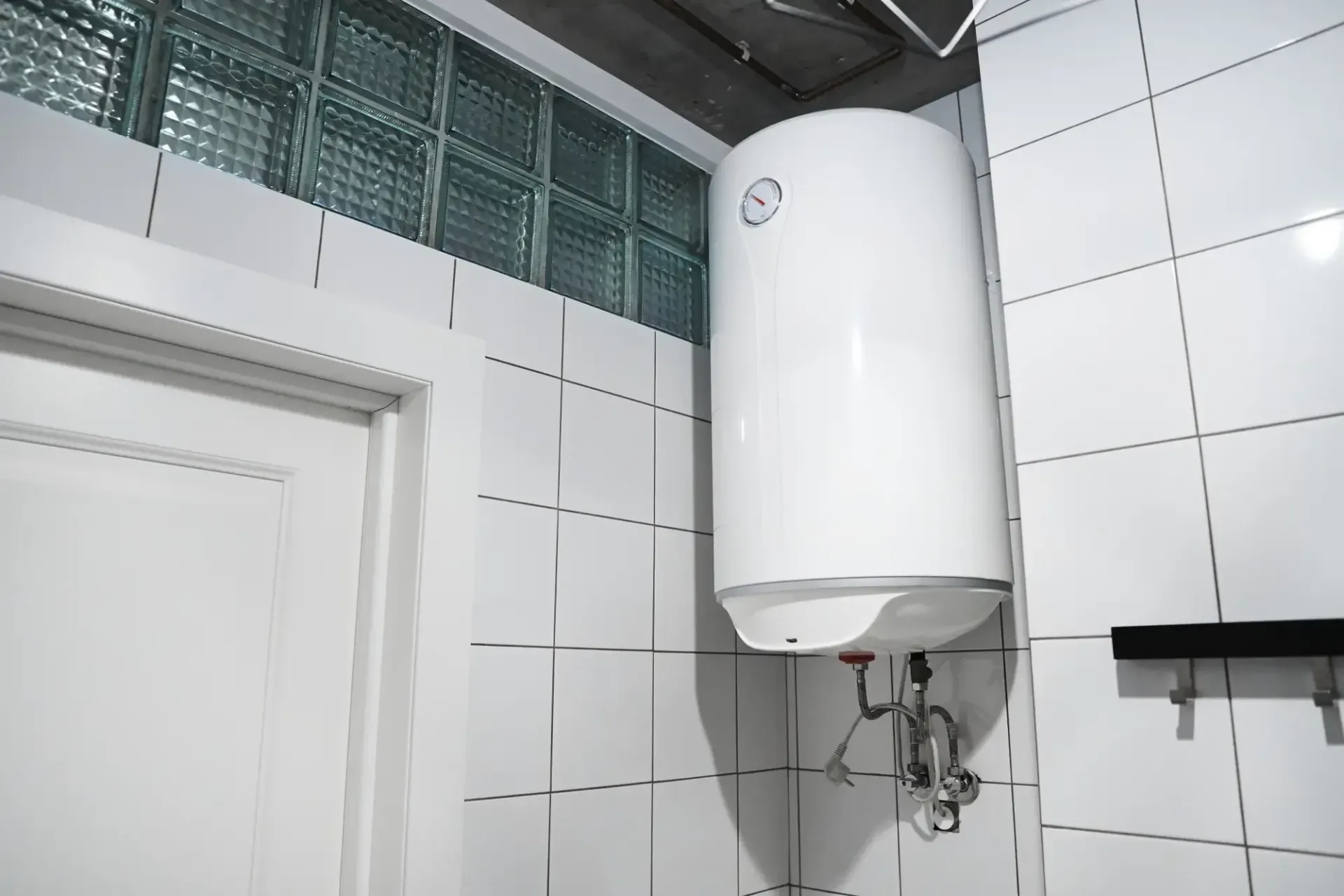
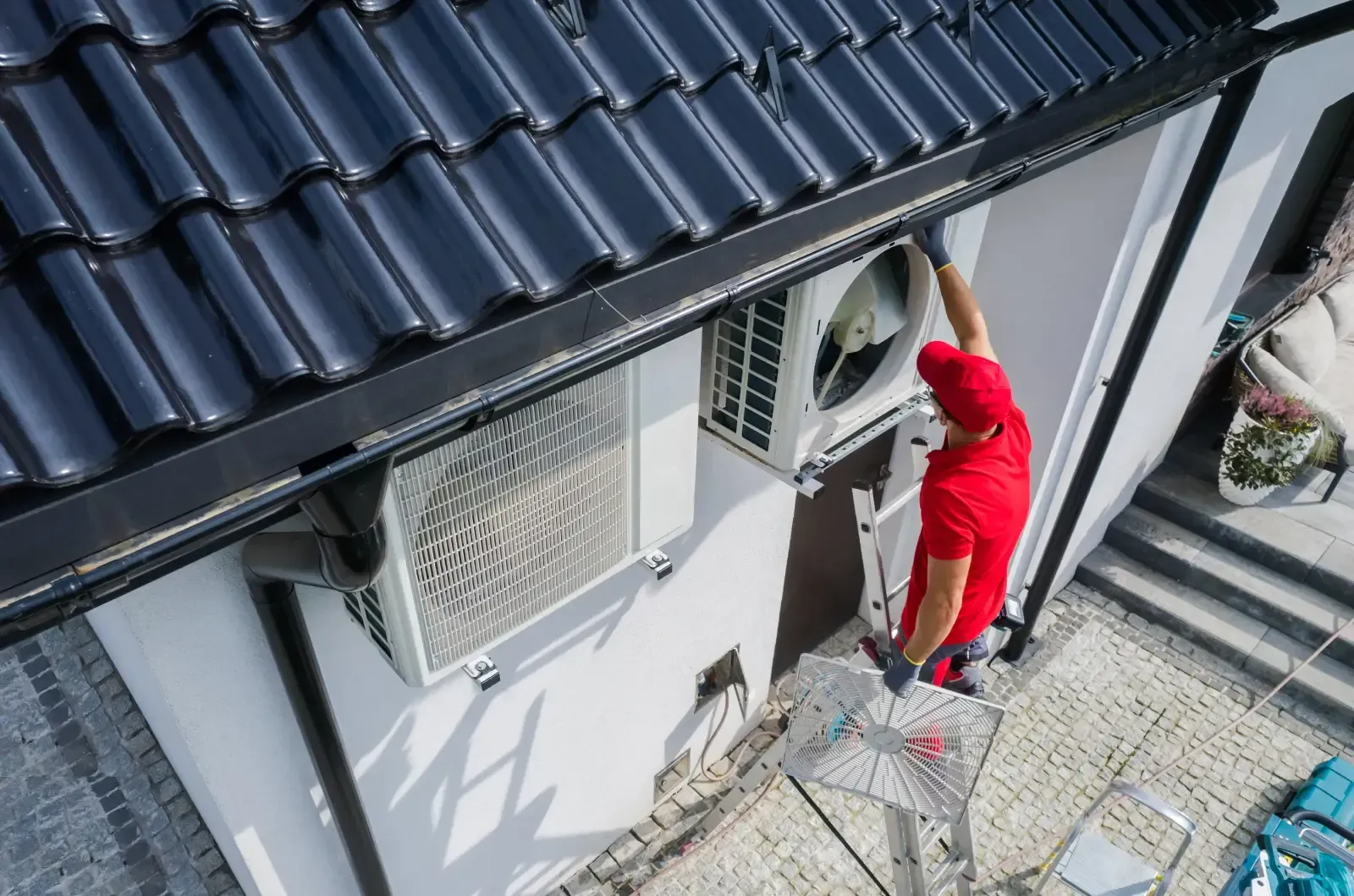
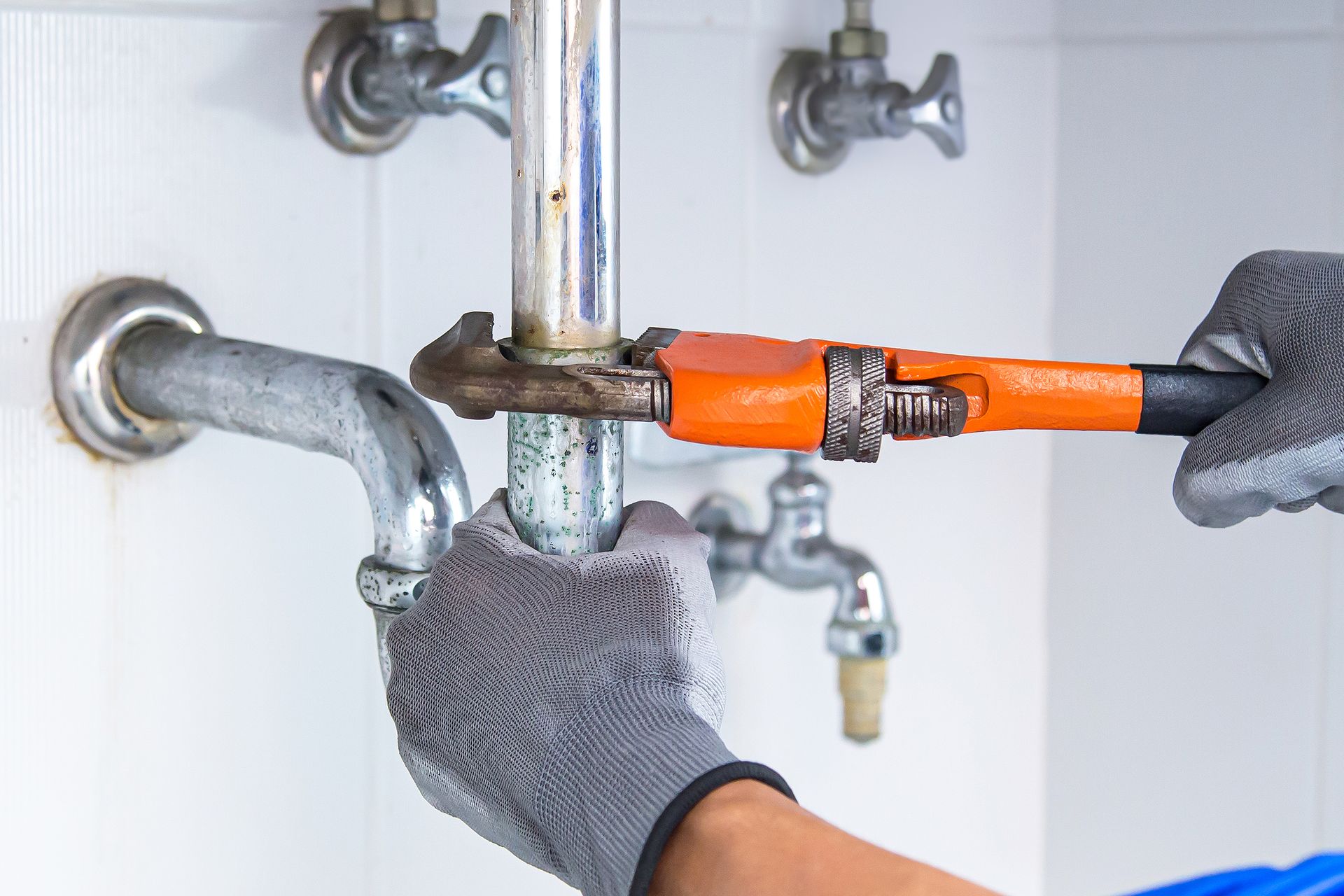
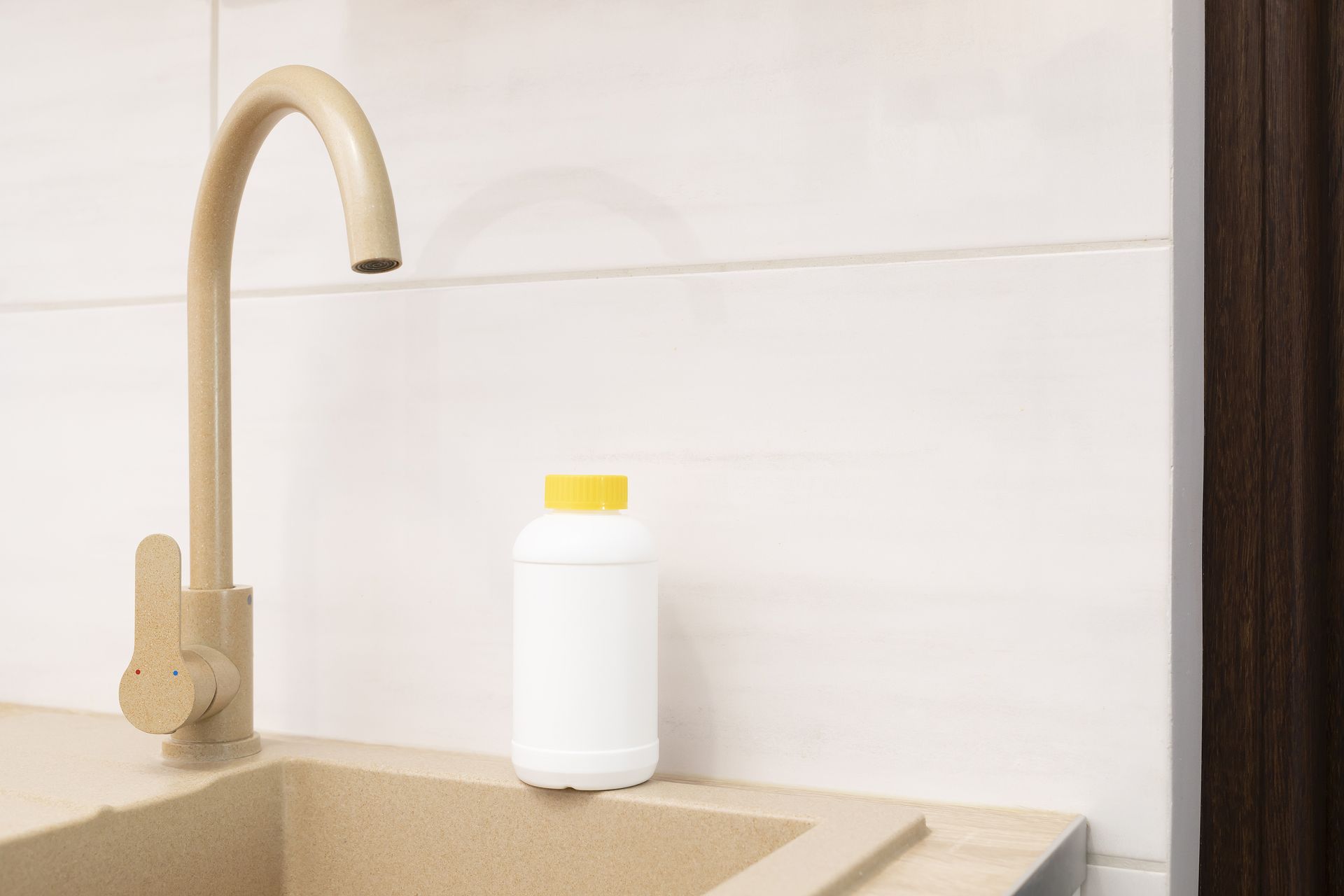
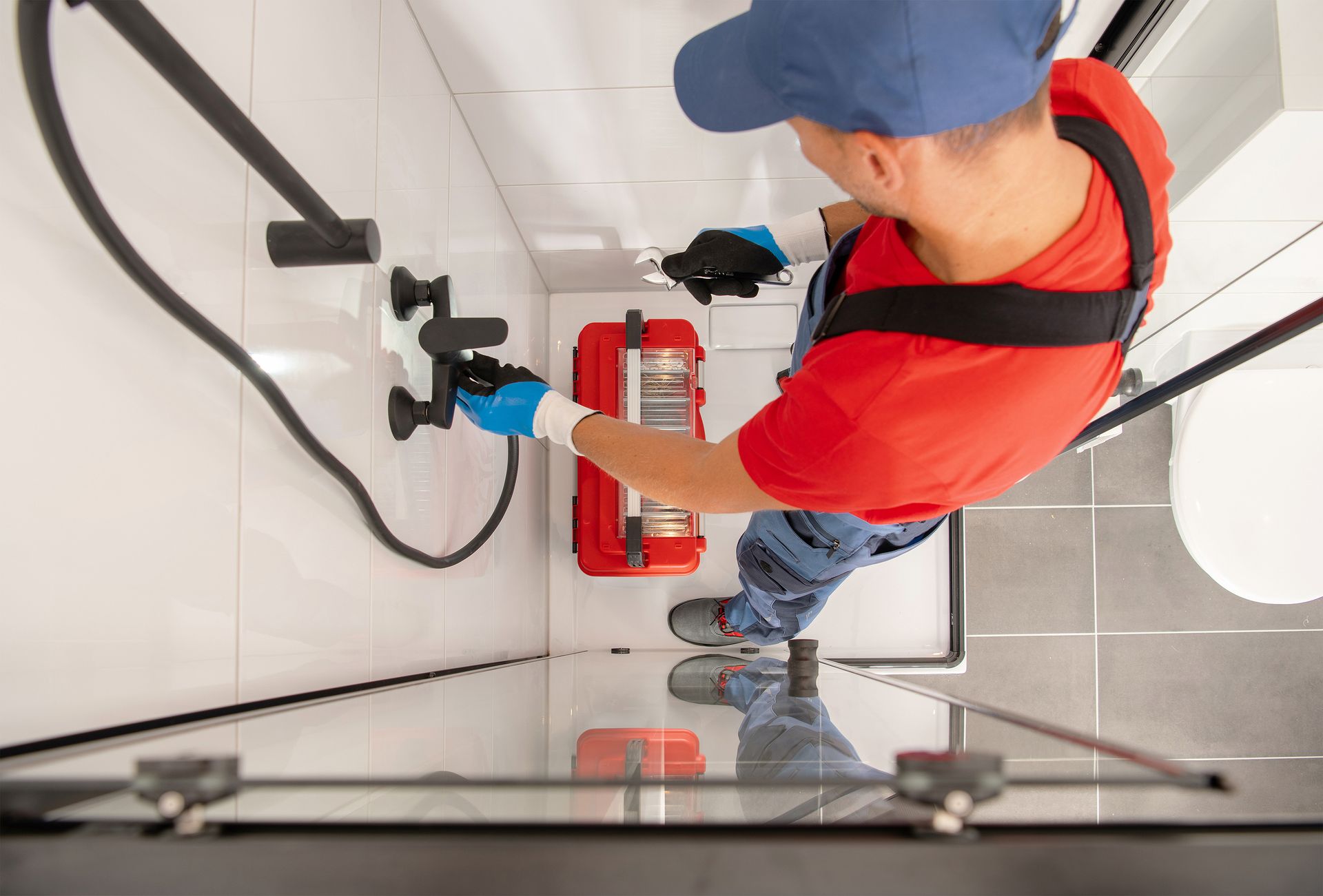
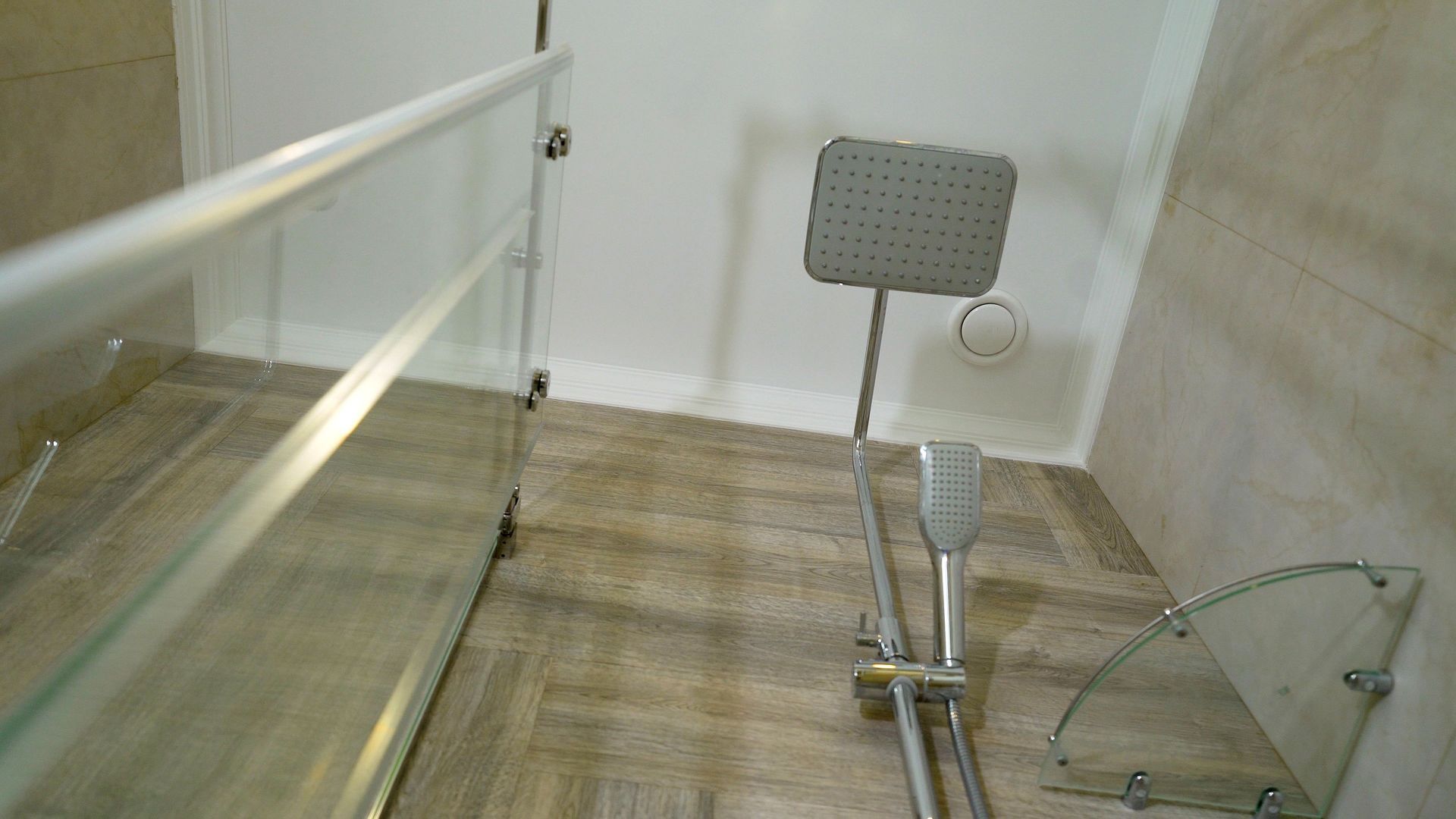
Share On: